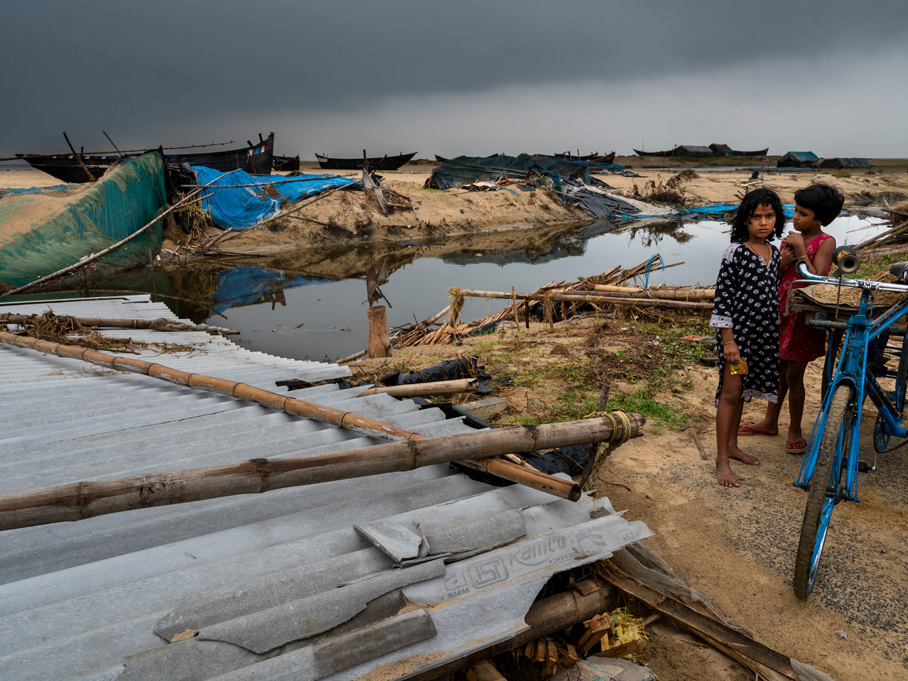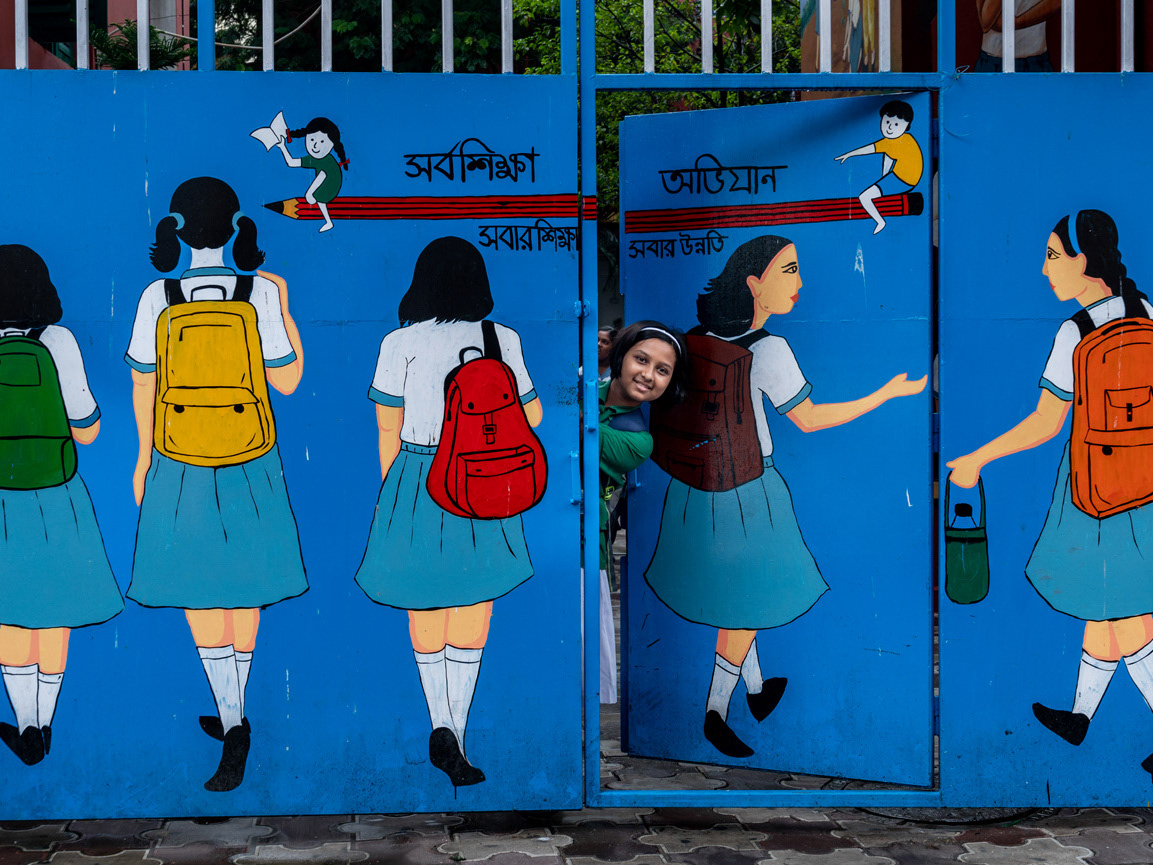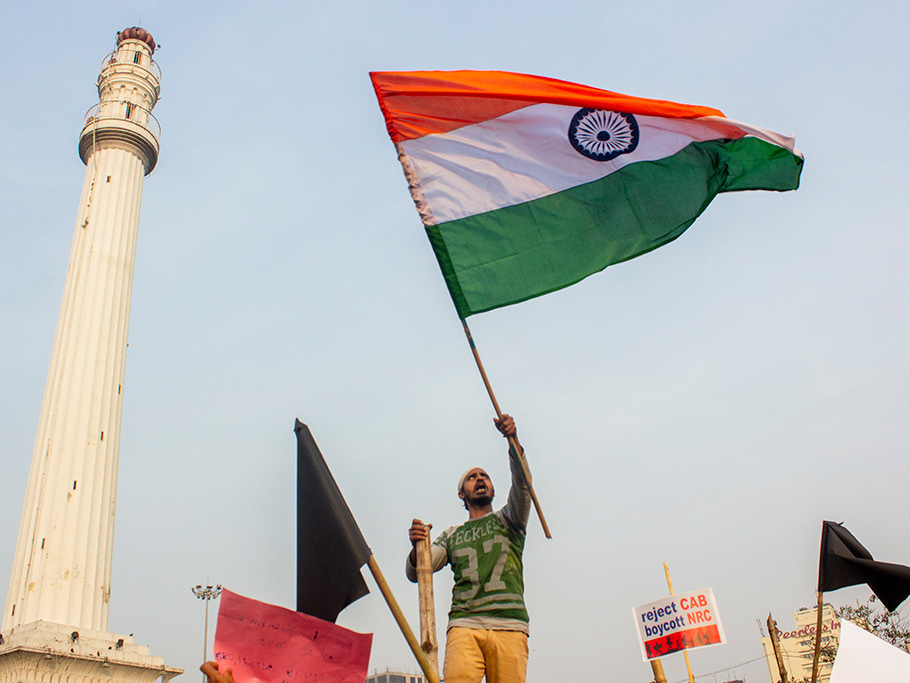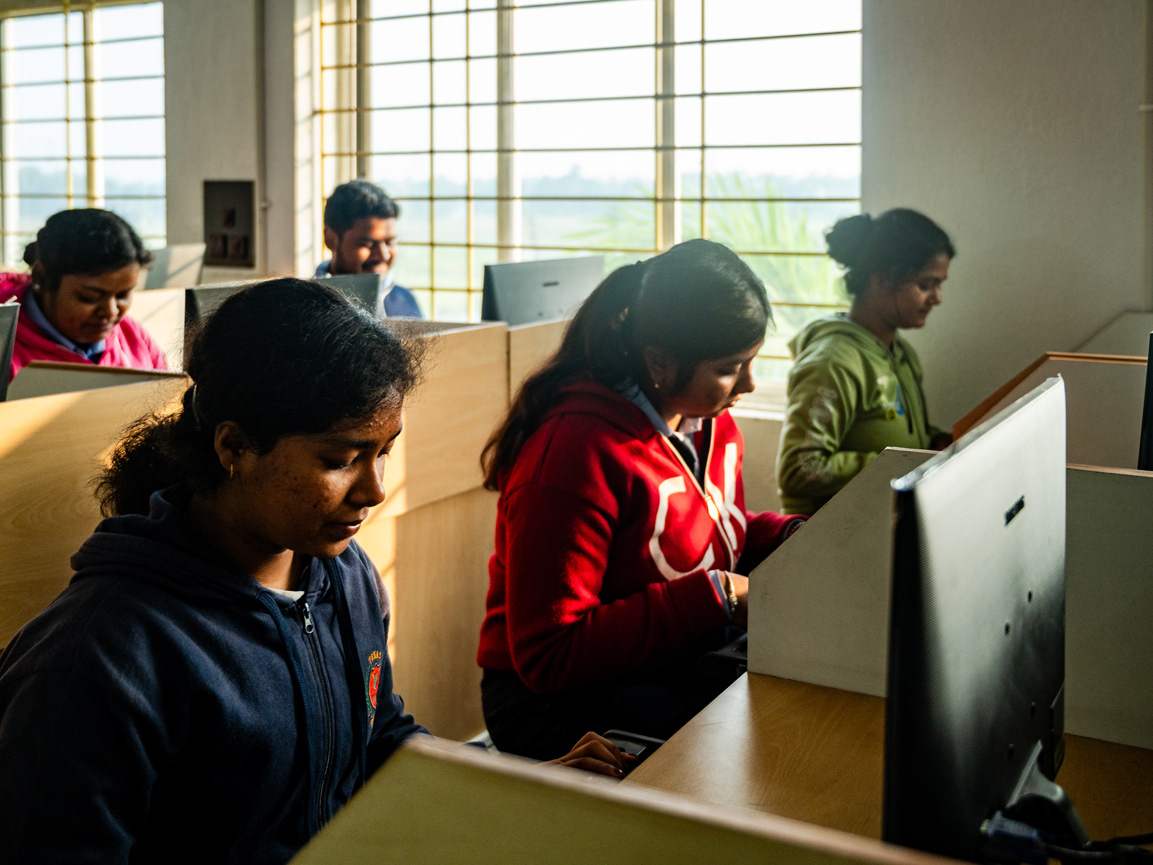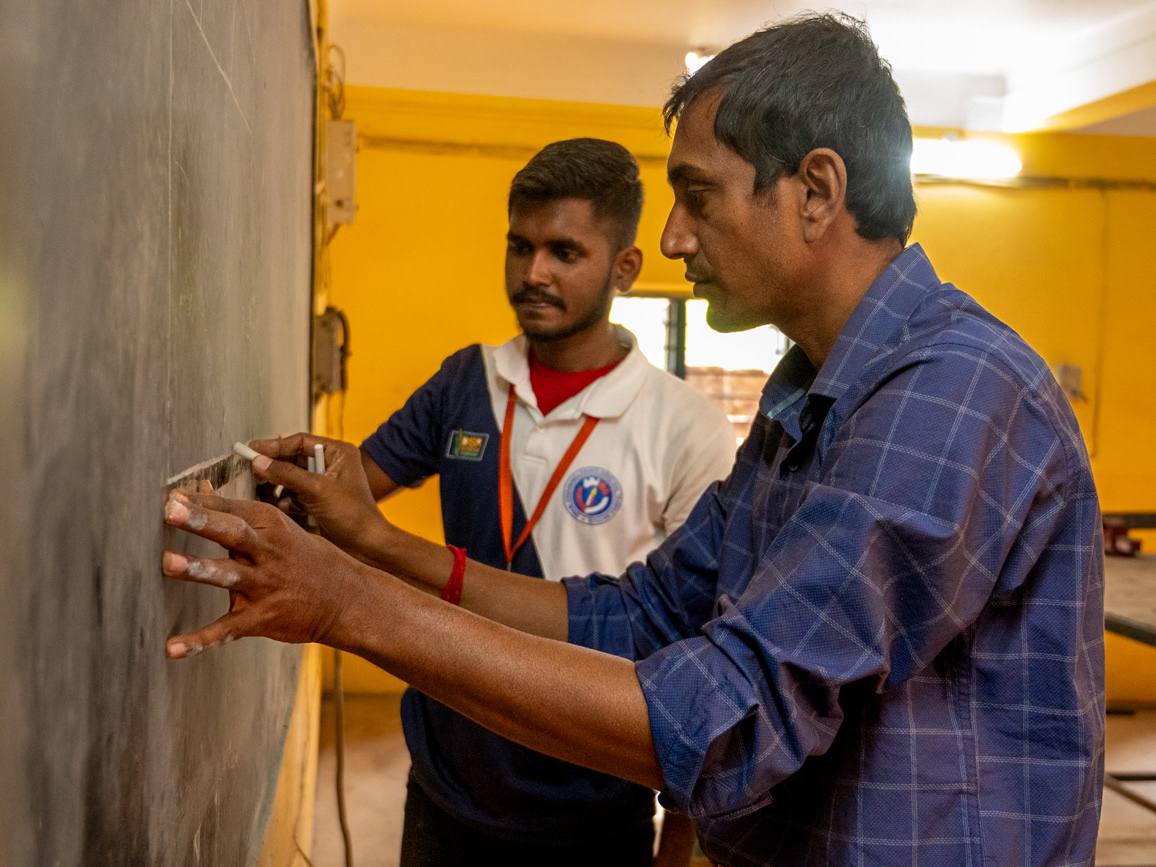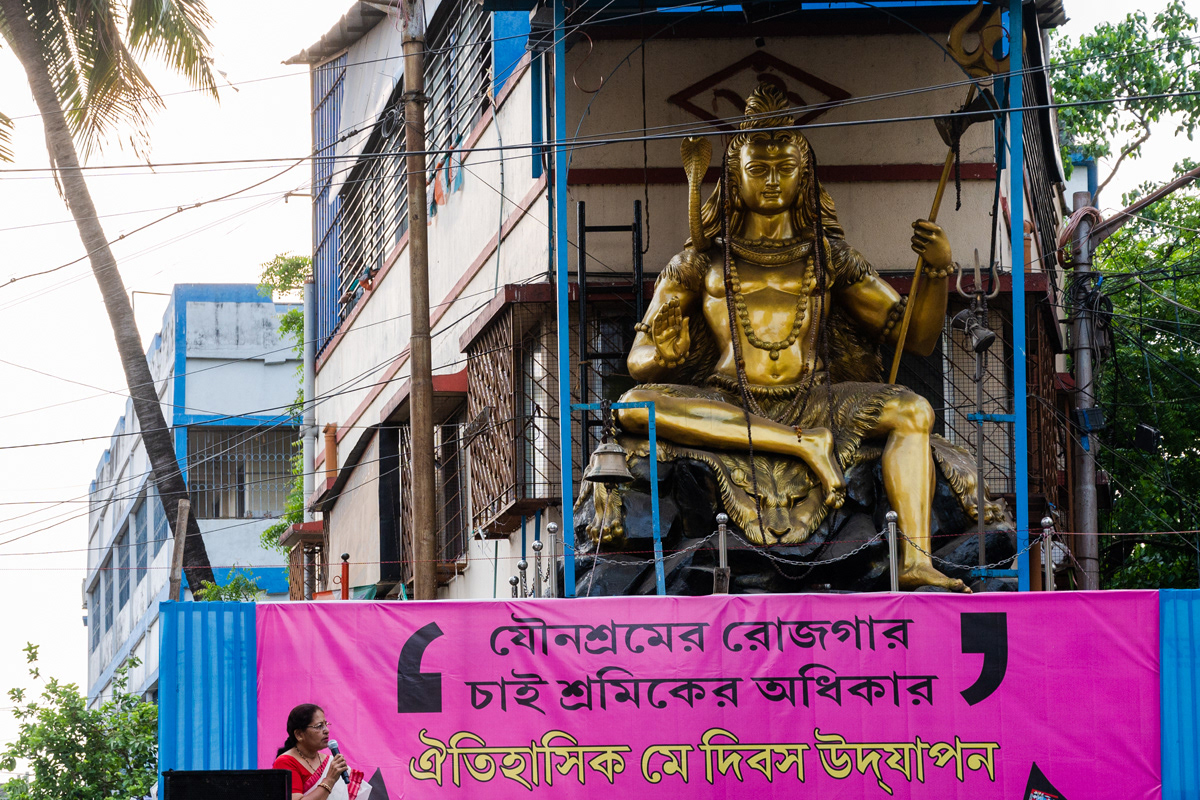
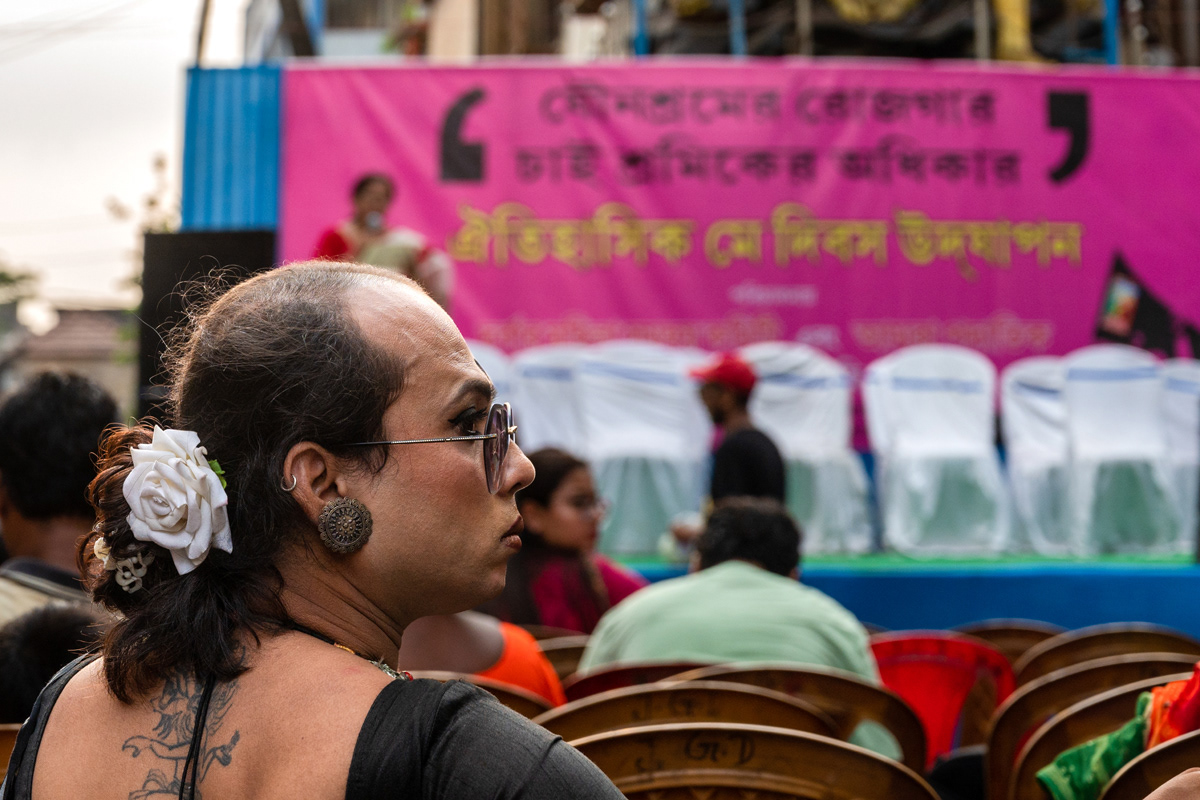
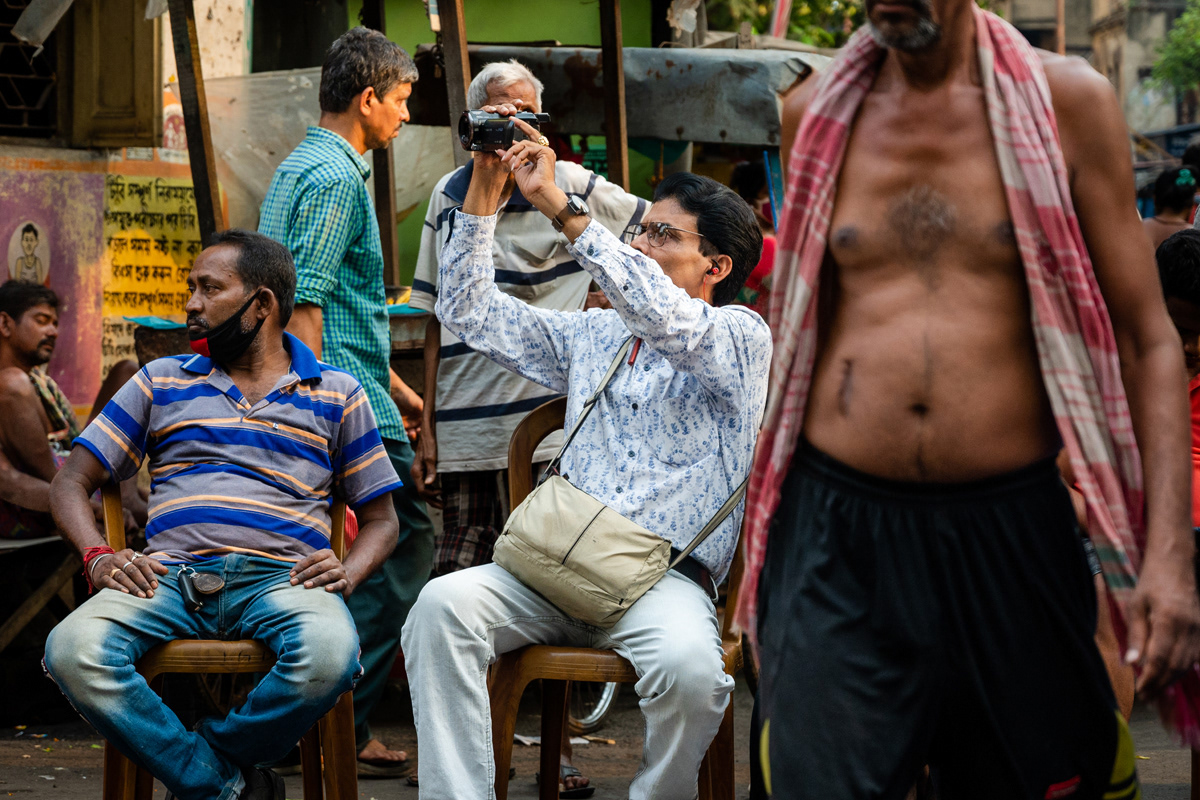
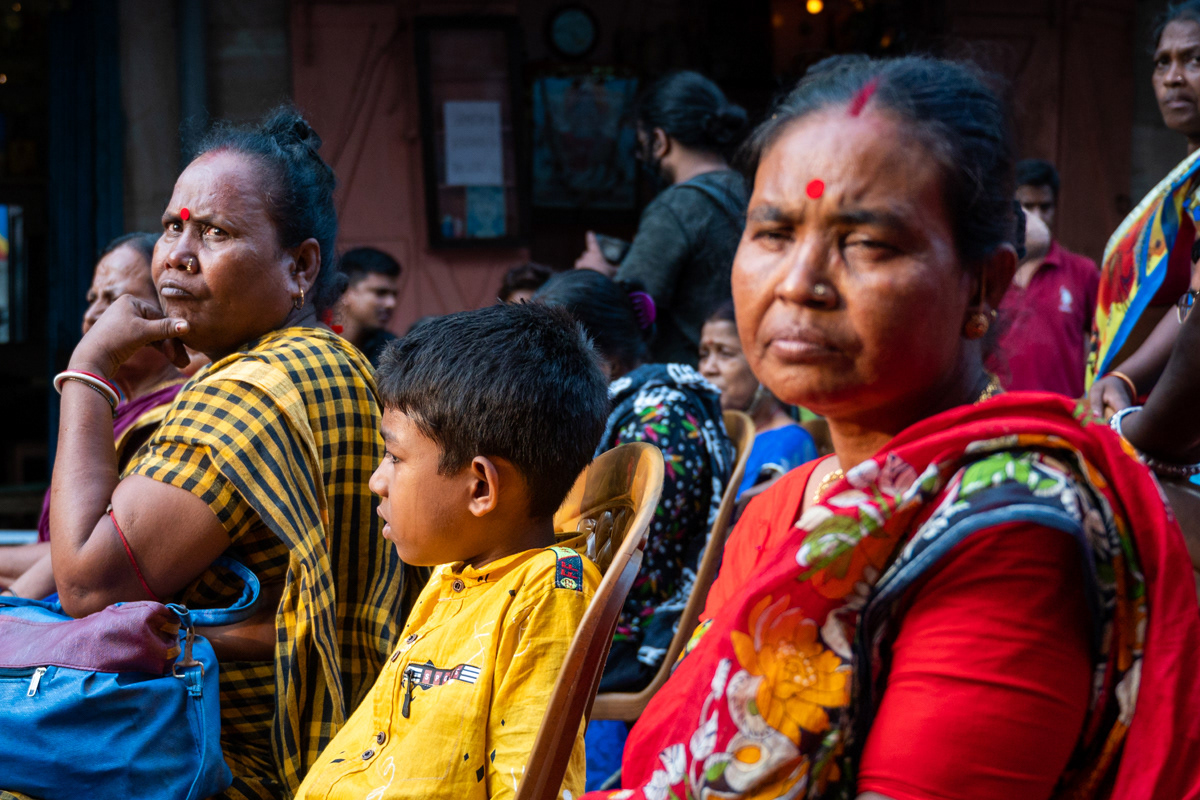
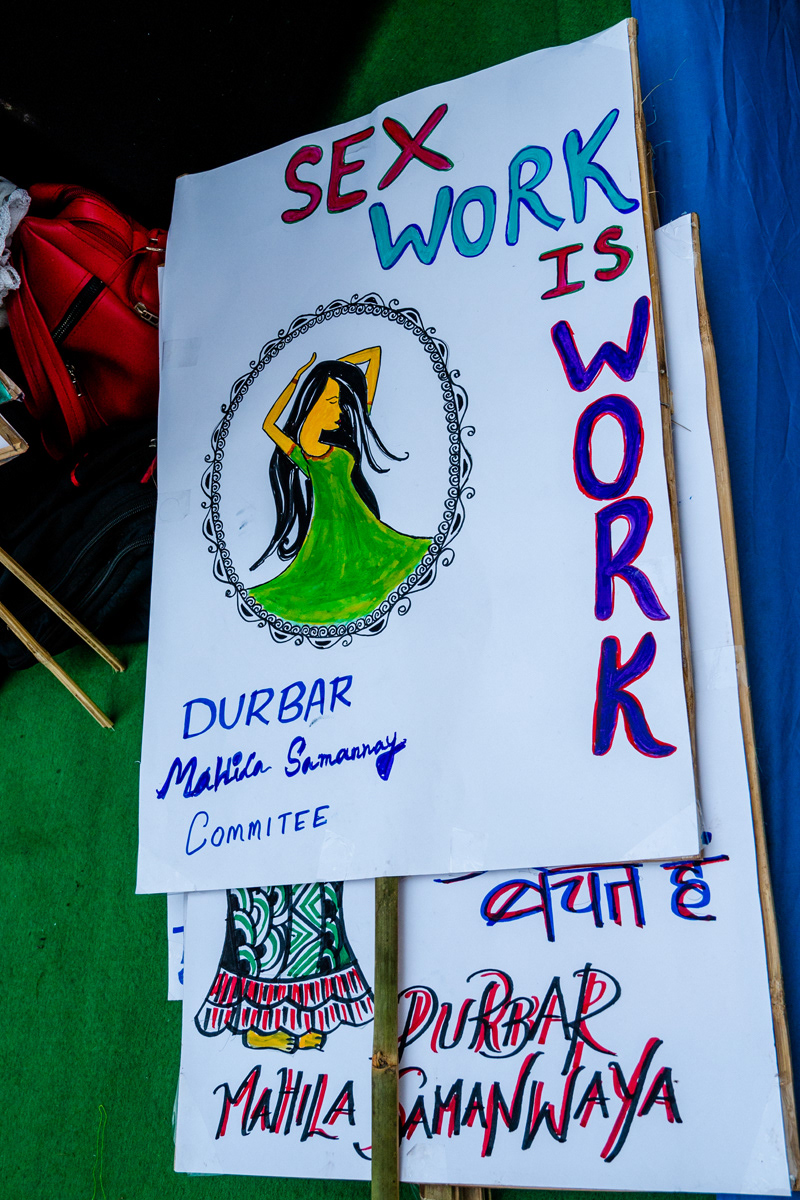
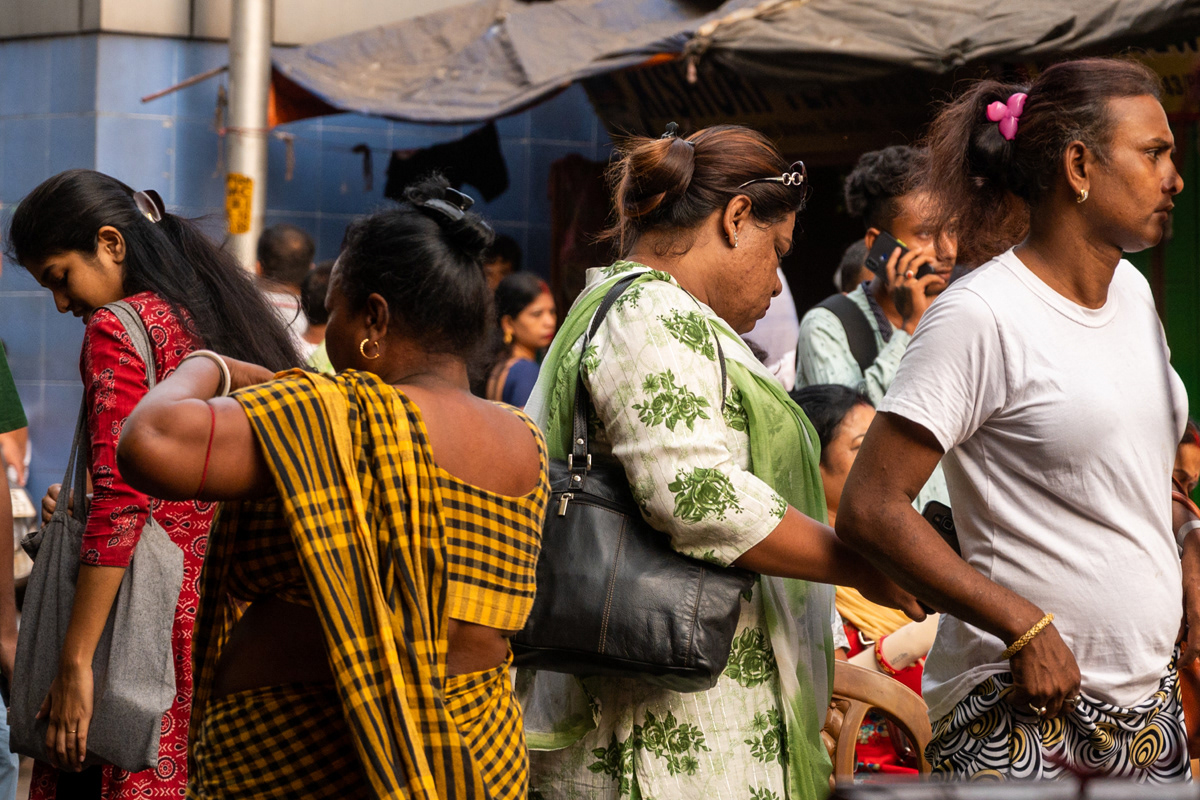
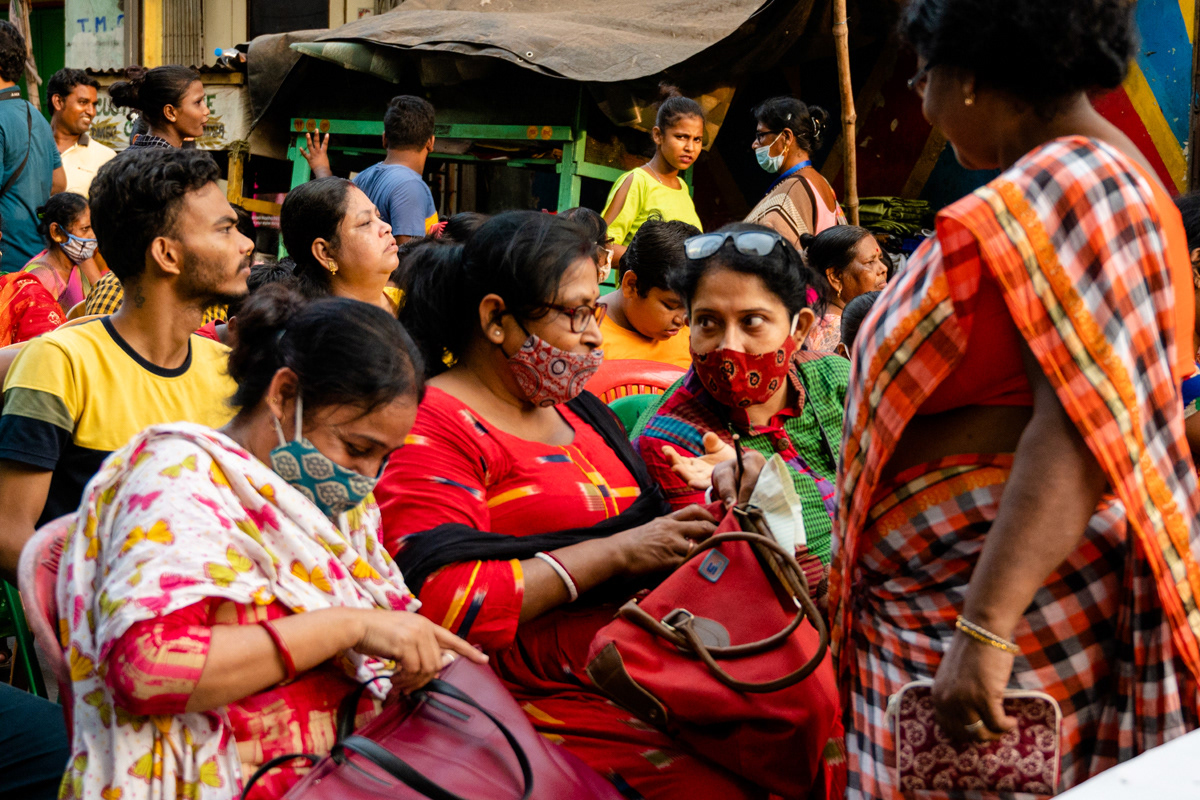
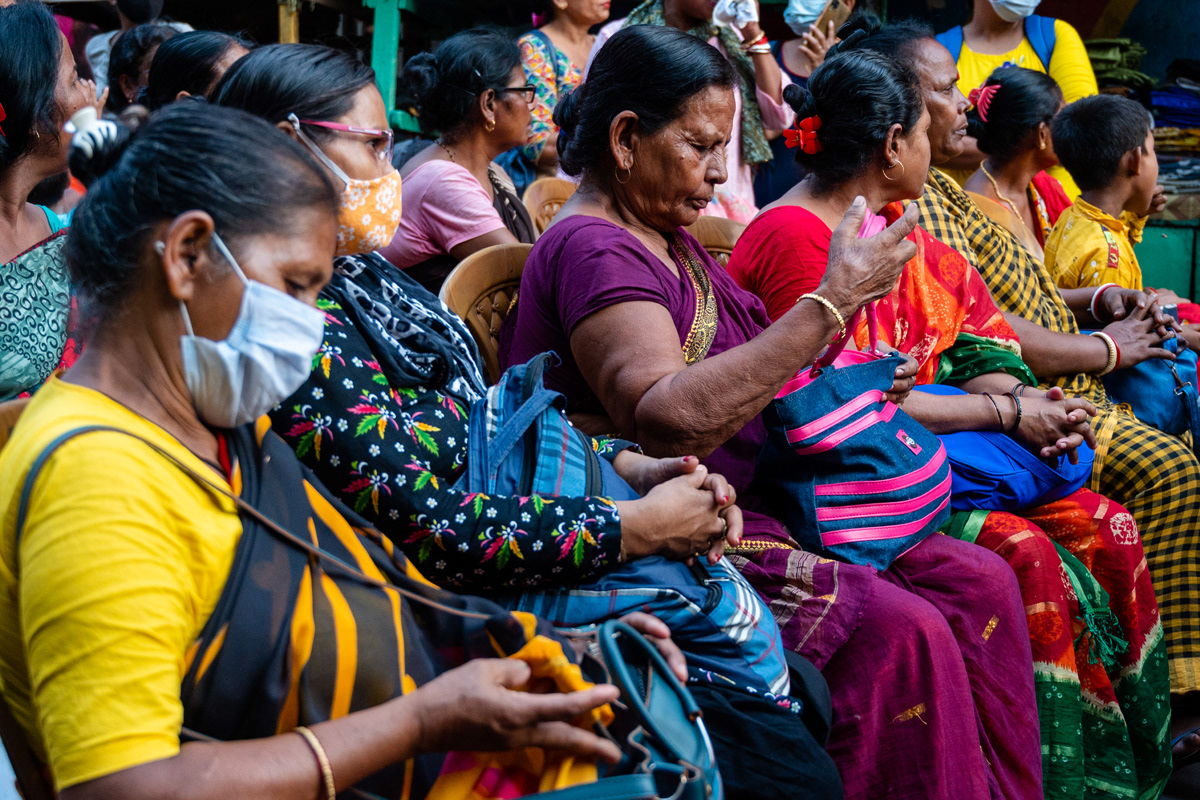
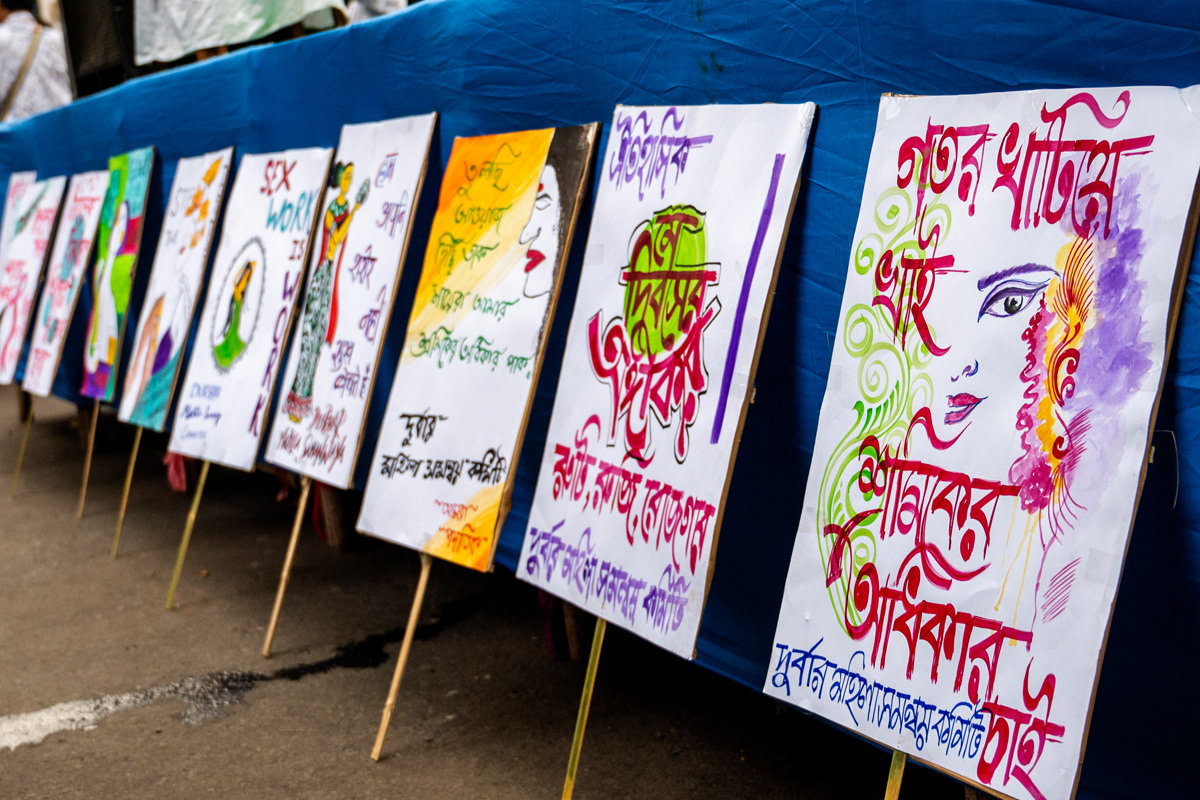
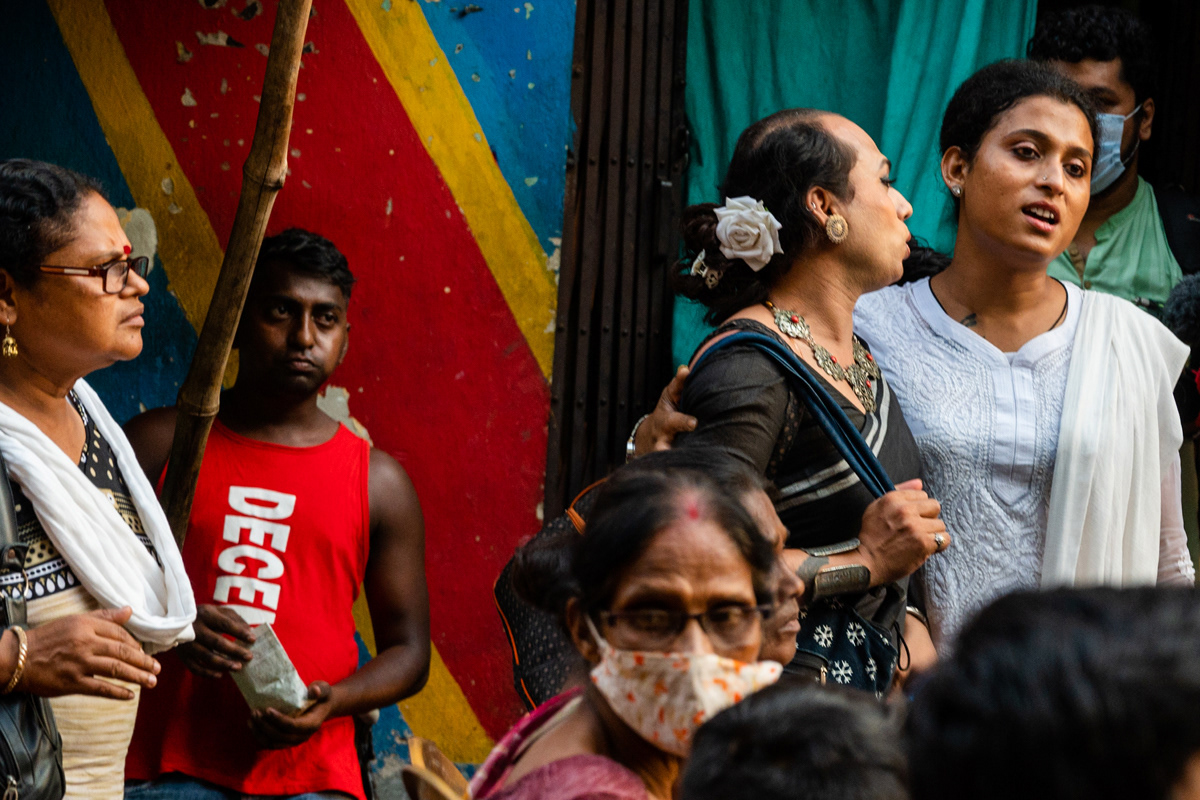
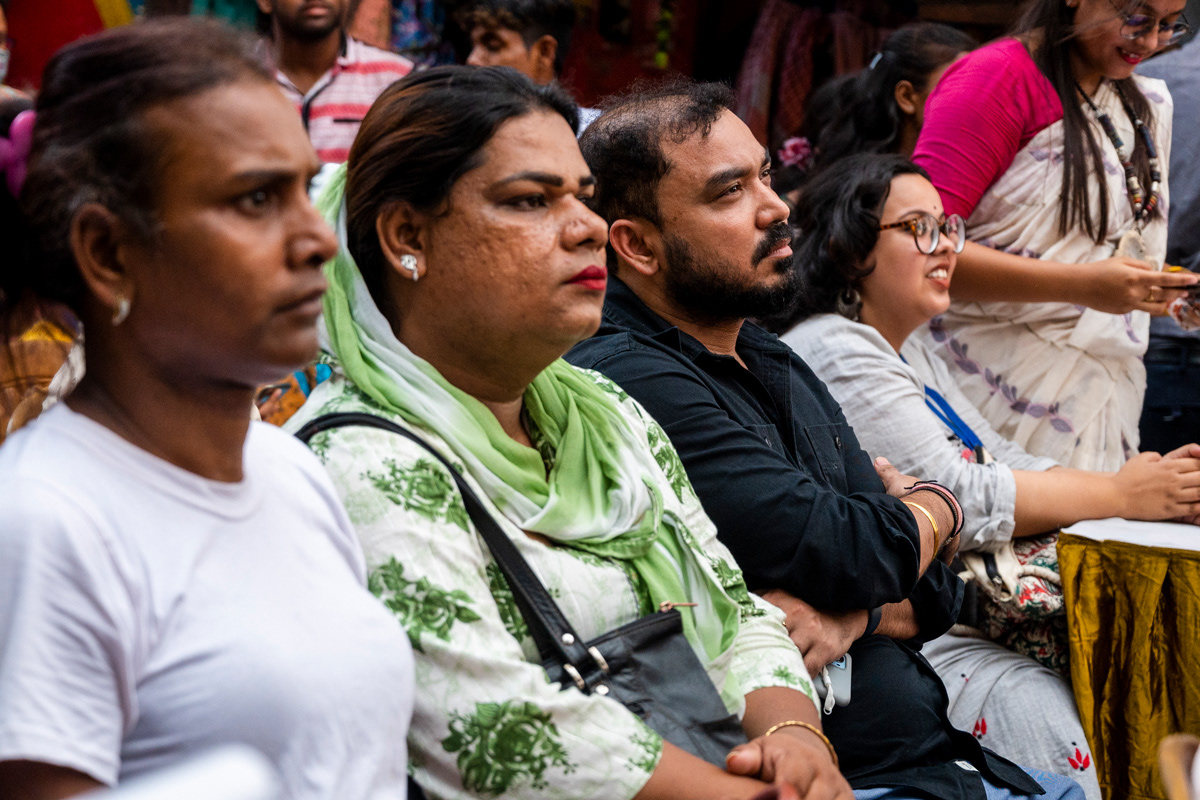
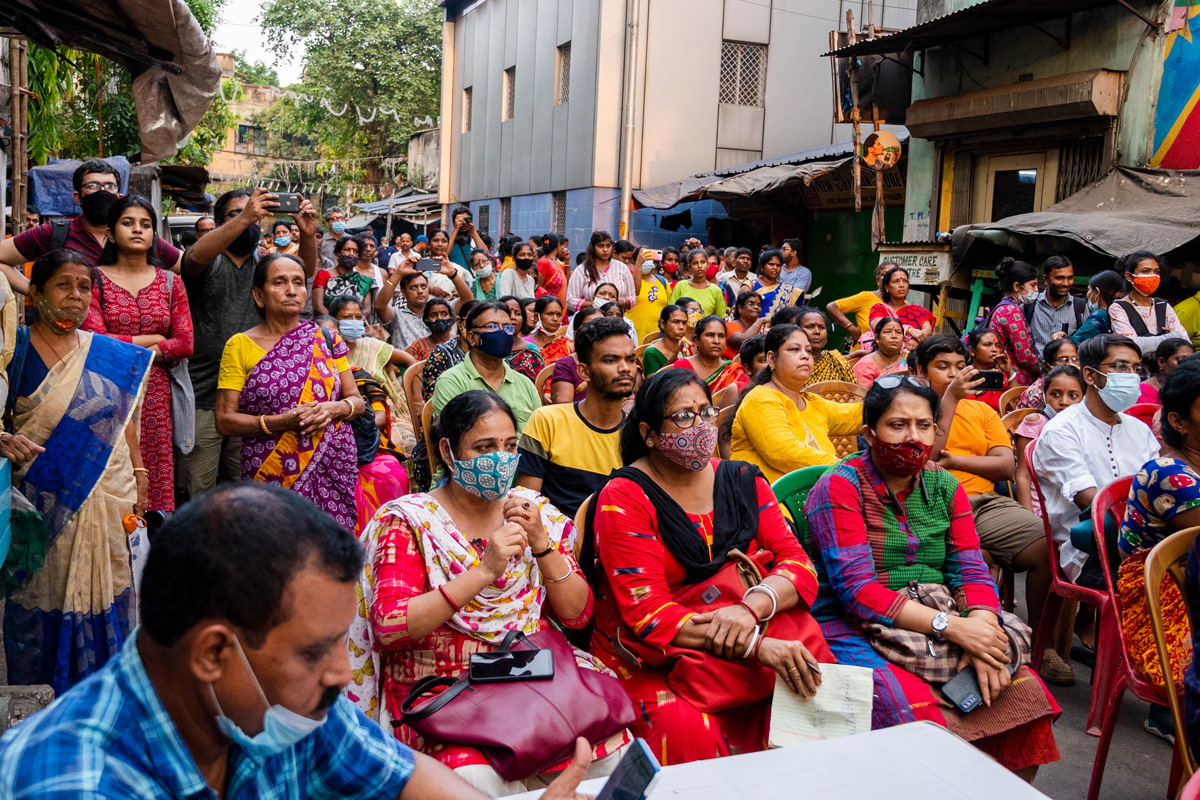
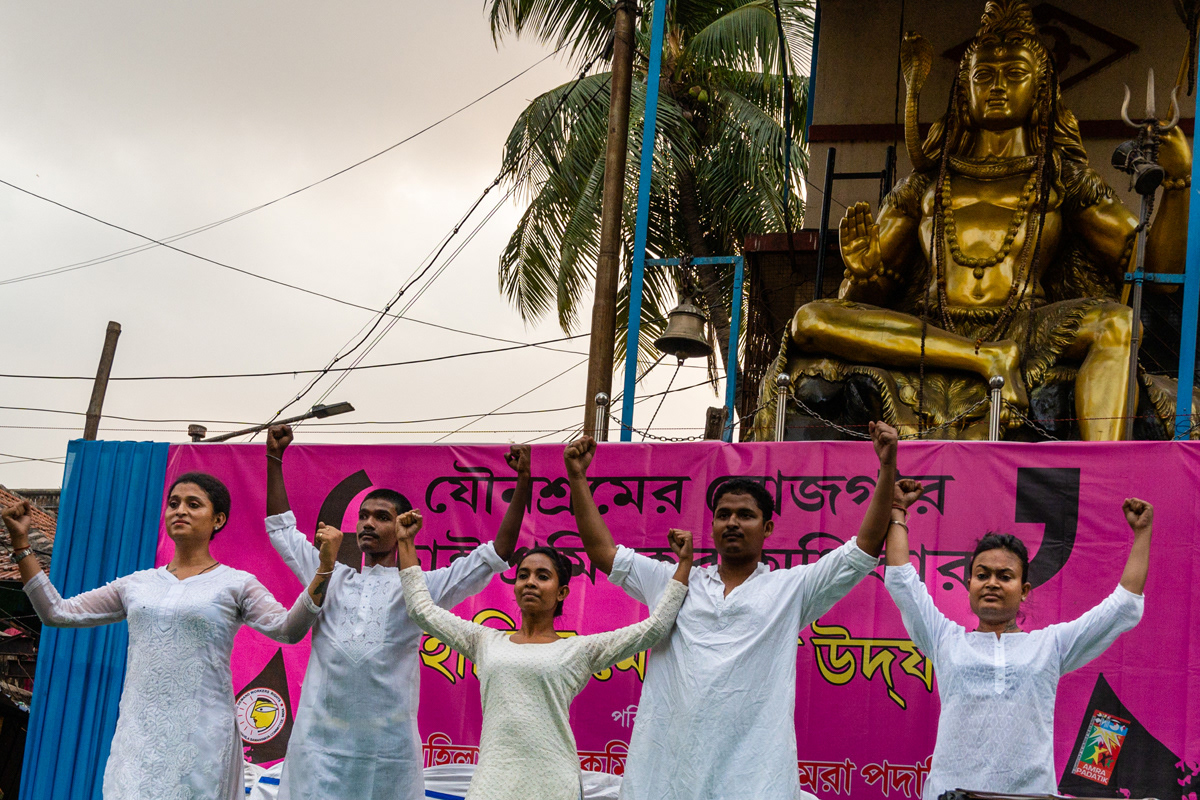
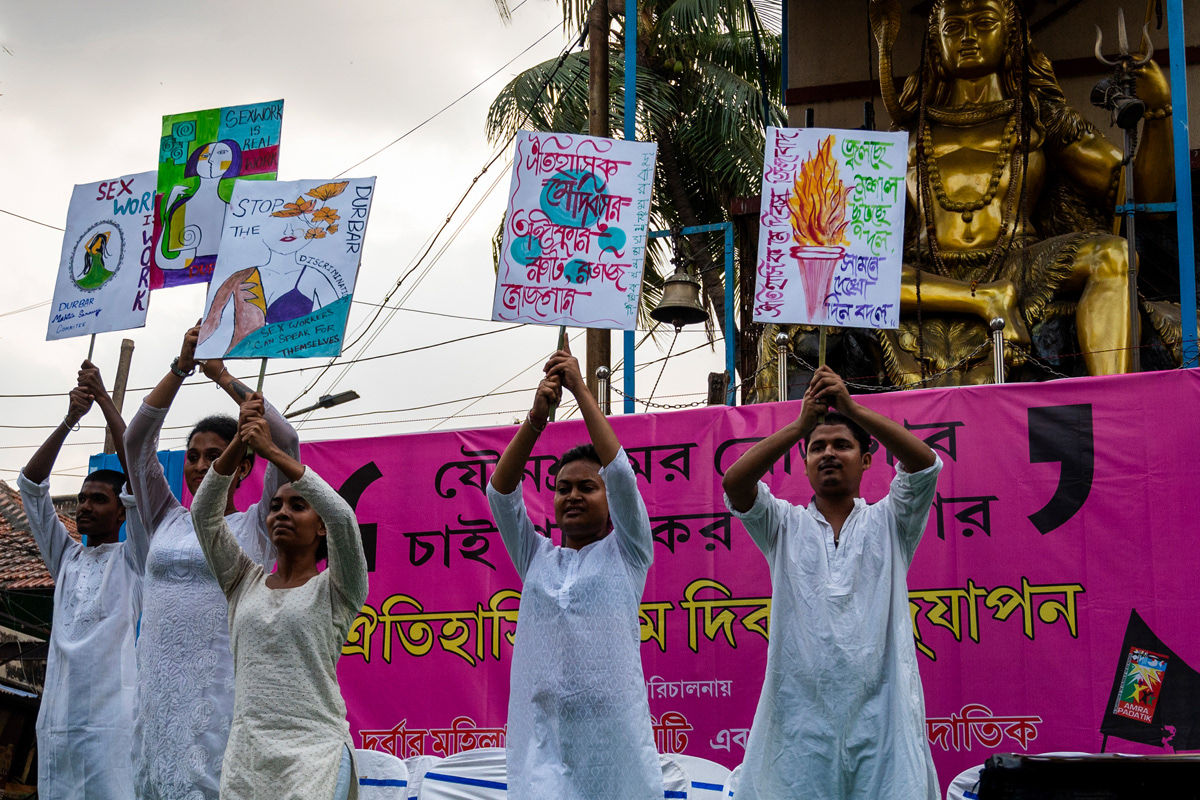
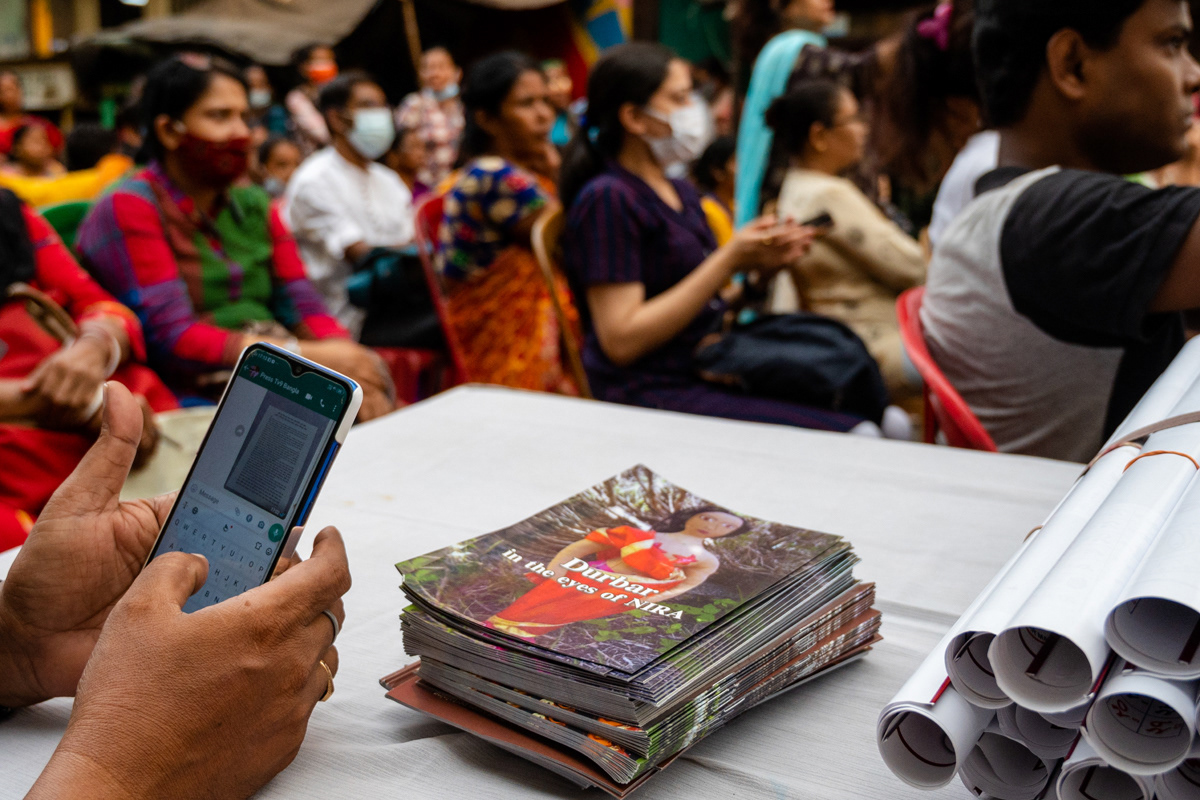
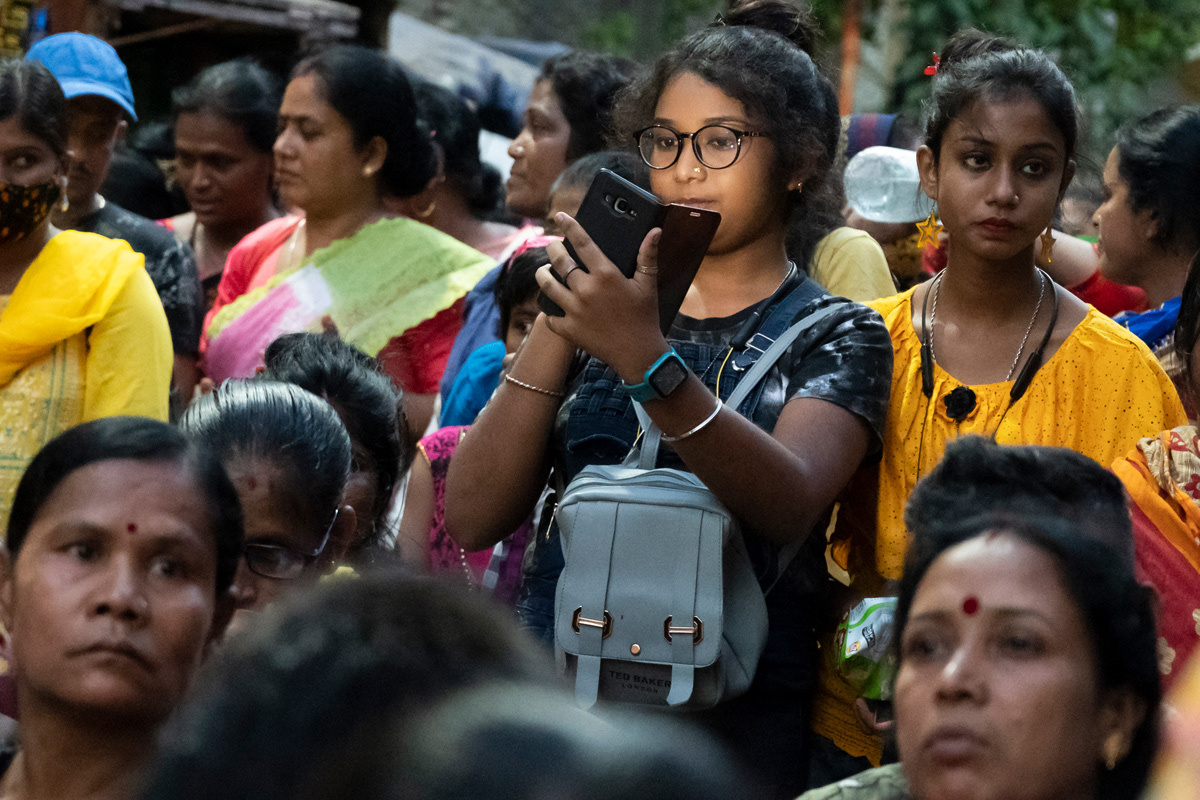

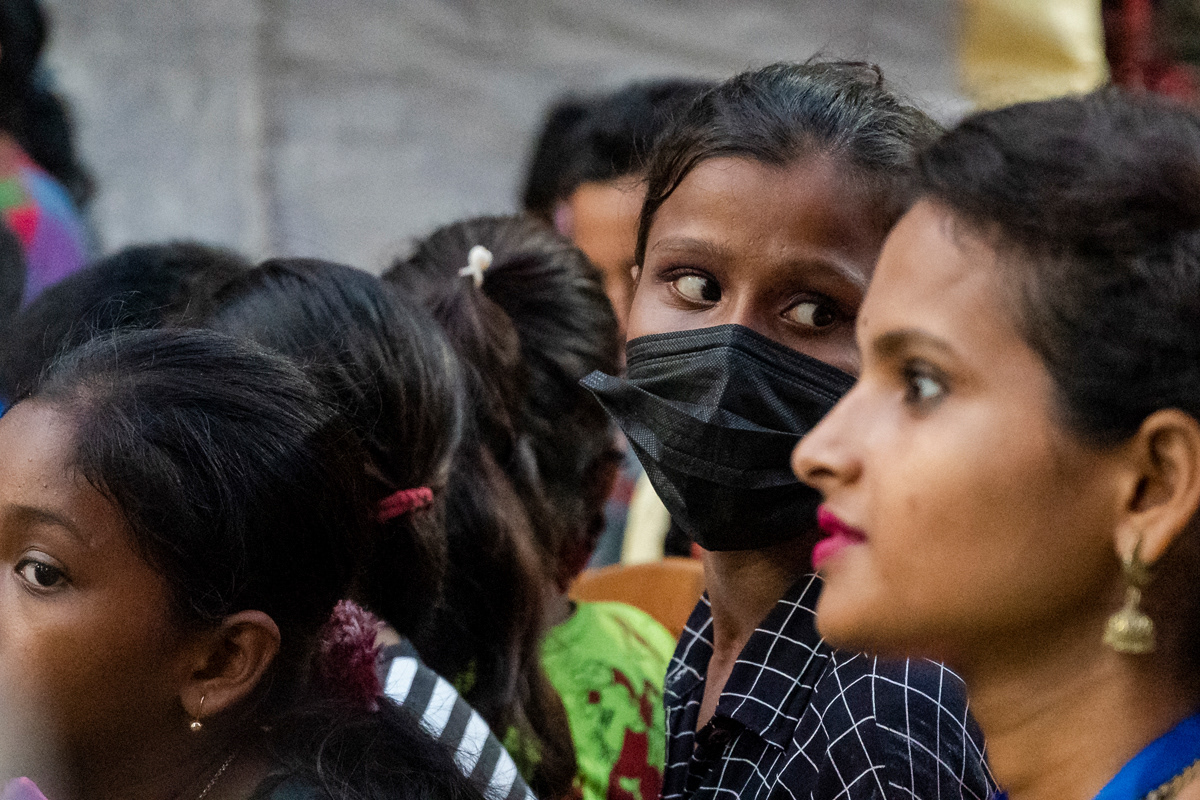
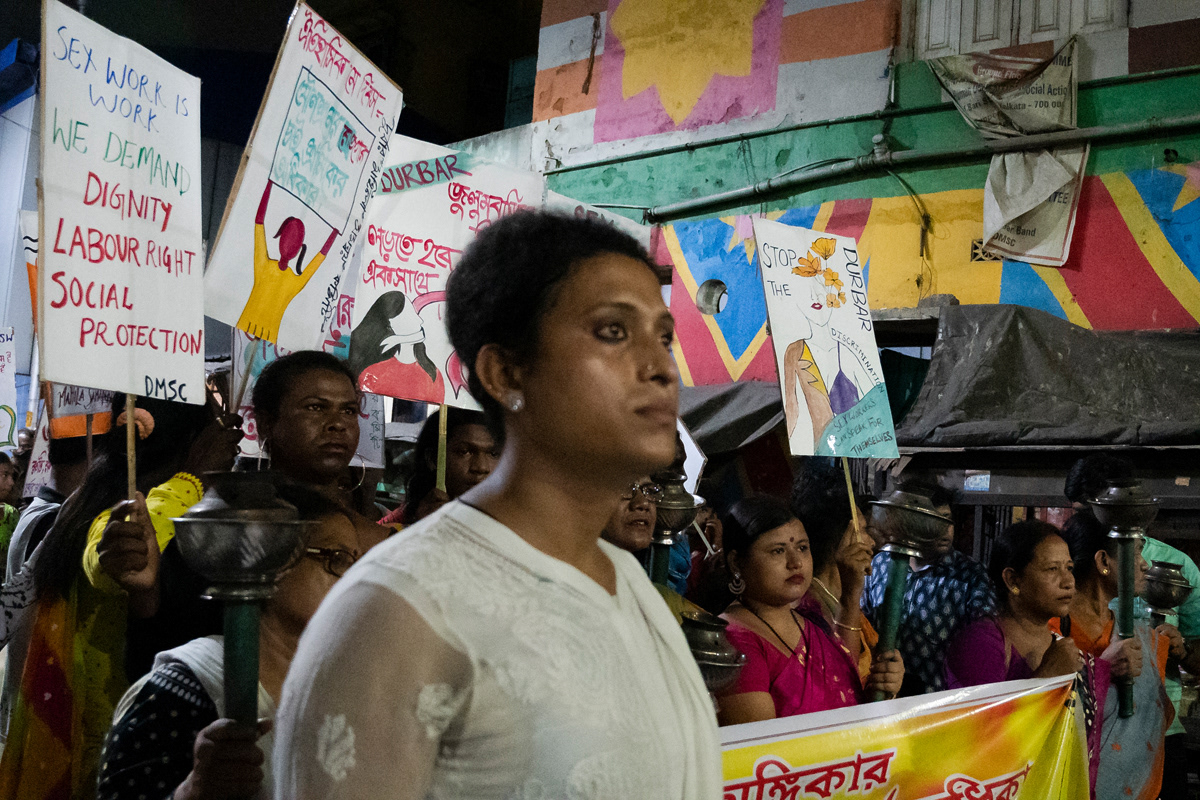
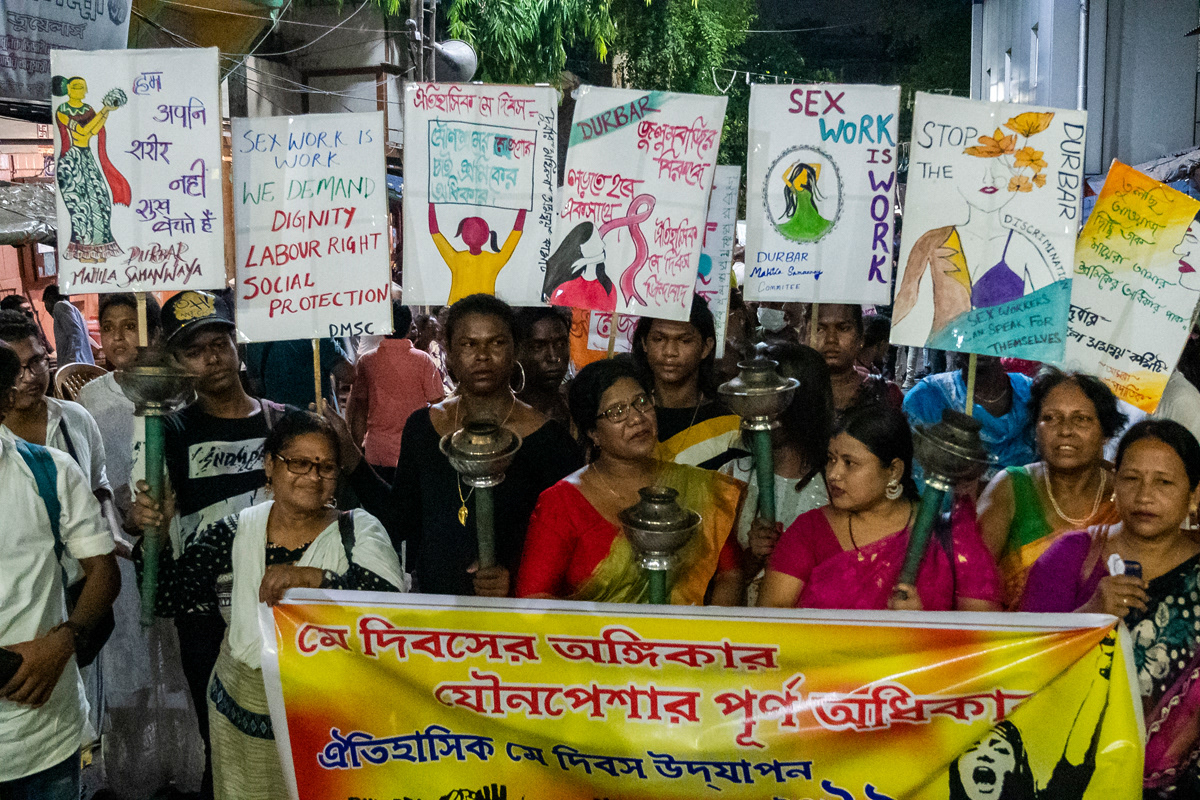
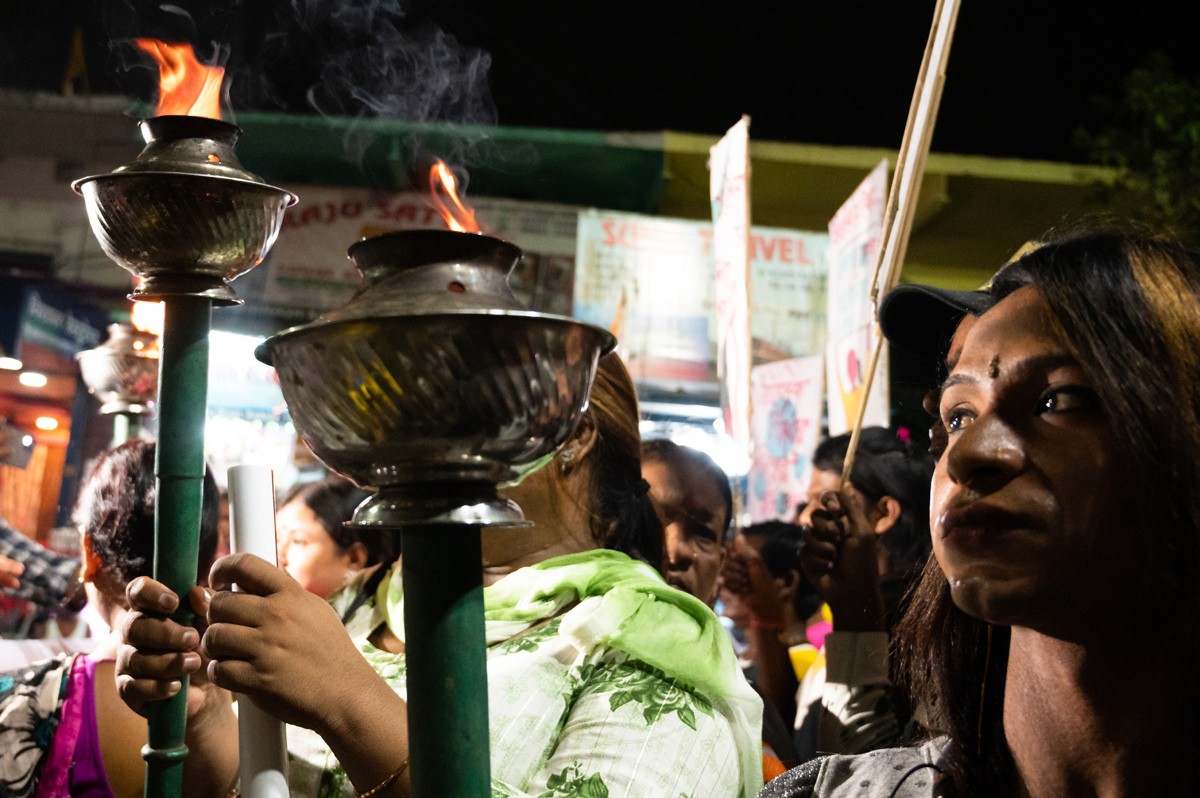
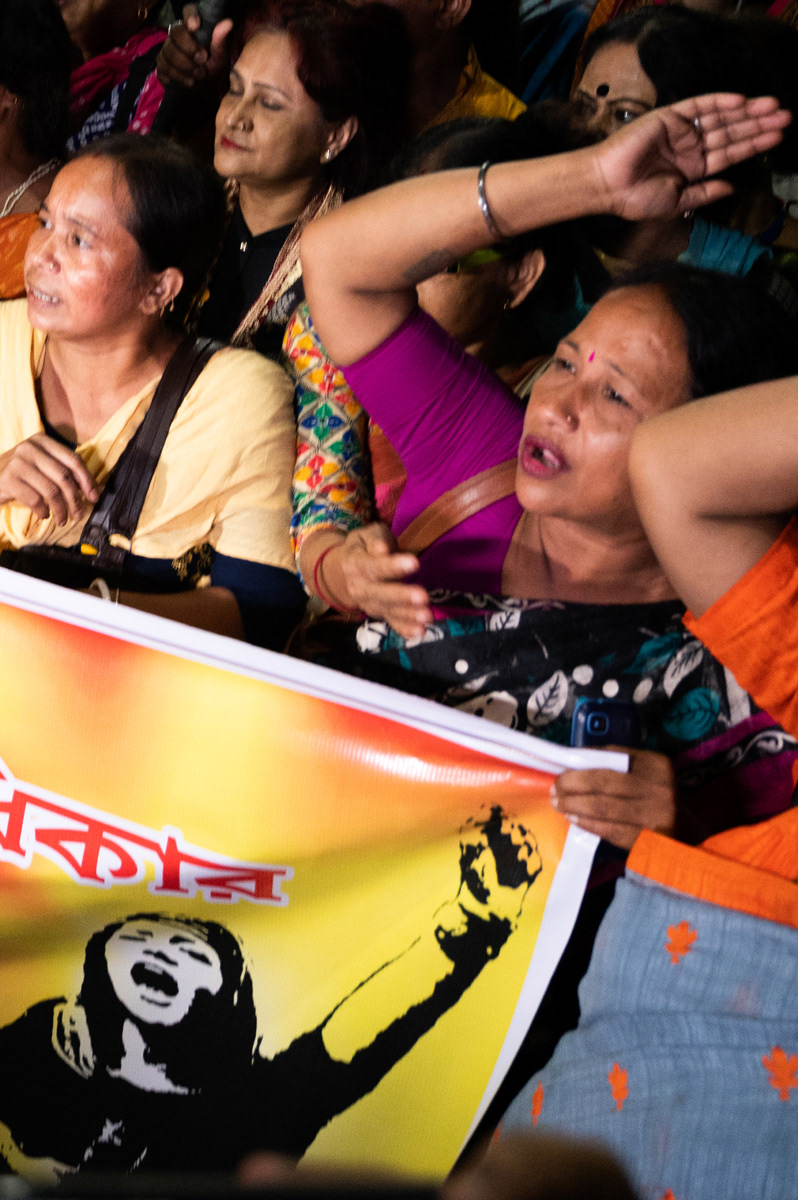
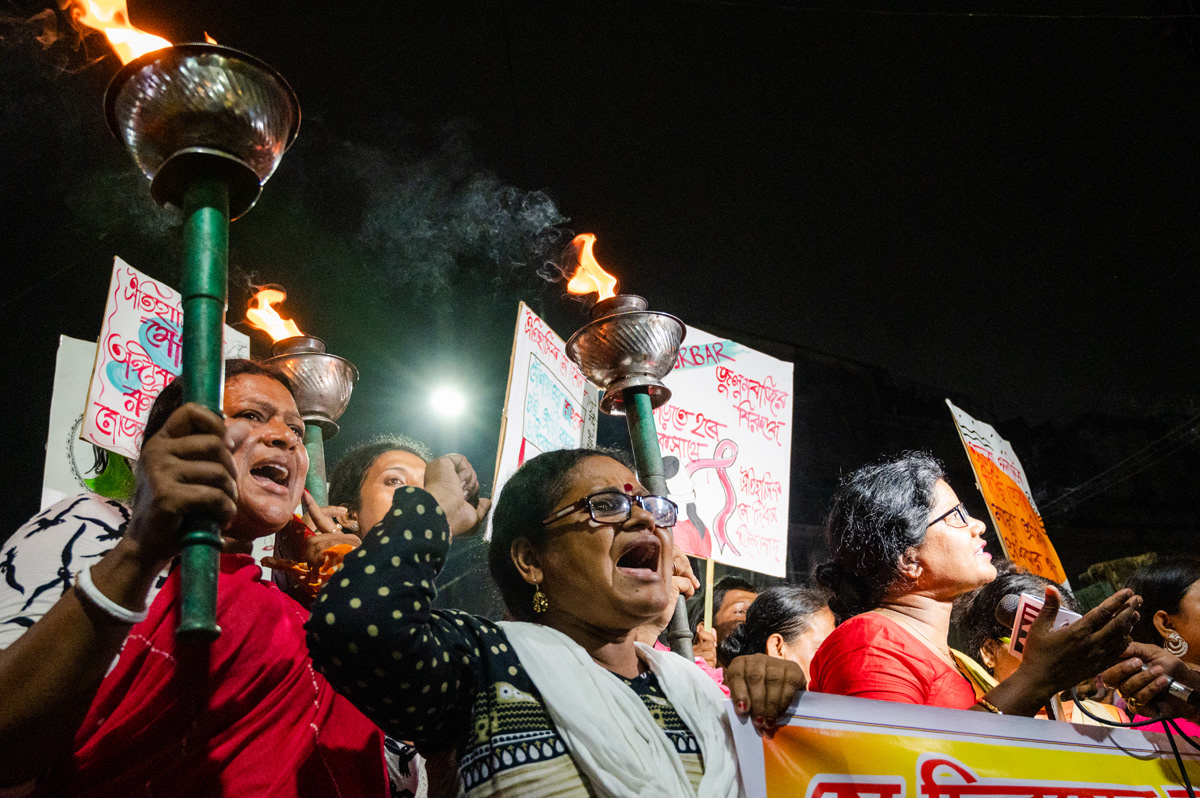
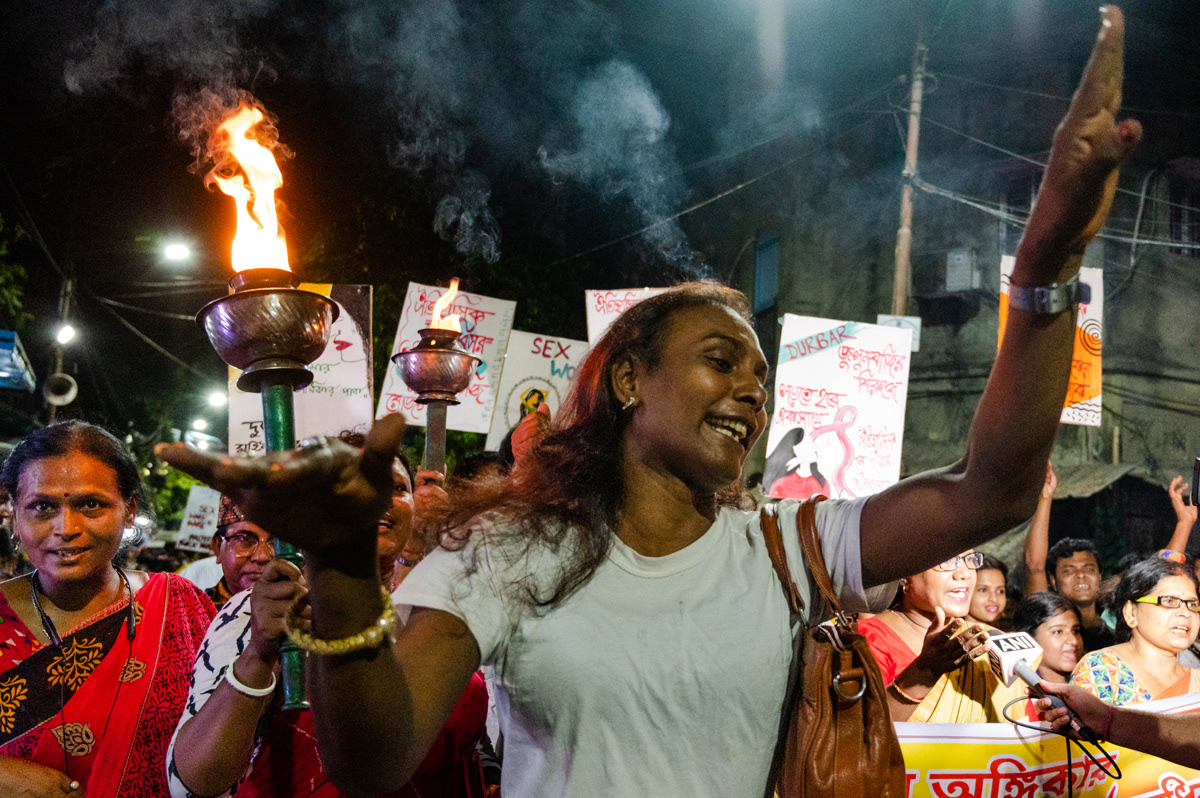

Protests demanding labor rights for sex workers in India have gained momentum in recent years, led primarily by grassroots organizations and collectives like the Durbar Mahila Samanwaya Committee (DMSC) and the National Network of Sex Workers (NNSW). These protests focus on the demand for legal recognition of sex work as legitimate labor, which would entitle sex workers to basic protections and rights. Currently, sex workers operate in a legal grey area, where the trade is not illegal, but the lack of formal recognition makes them vulnerable to exploitation and abuse. Protesters argue that recognizing sex work as labor would allow sex workers access to rights such as minimum wages, safe working conditions, and social security benefits, which they are currently denied.
At the heart of these protests is the call for decriminalization of sex work. The Immoral Traffic (Prevention) Act (ITPA), 1956, which criminalizes activities associated with sex work like brothel-keeping, pimping, and public solicitation, has been criticized by protesters for pushing sex workers into the margins of society. This legal framework, they argue, leads to frequent harassment by law enforcement, making sex workers more susceptible to violence, exploitation, and unsafe working conditions. By decriminalizing sex work and providing labor rights, protesters believe that sex workers would have greater control over their work environment, and it would help protect them from violence and coercion, while also improving their access to healthcare and legal protection.
These protests have often taken the form of public marches, awareness campaigns, and dialogues with policymakers. The central demand is that sex workers be treated like any other workers, with access to social security schemes, healthcare, education for their children, and protection from labor exploitation. Despite growing support from human rights organizations and sections of civil society, the protests face challenges from deep-seated social stigma and legal hurdles. Nevertheless, sex workers' collectives continue to advocate fiercely, urging both the state and society to recognize their rights and dignity, and to enable them to live and work without fear of criminalization and marginalization.
